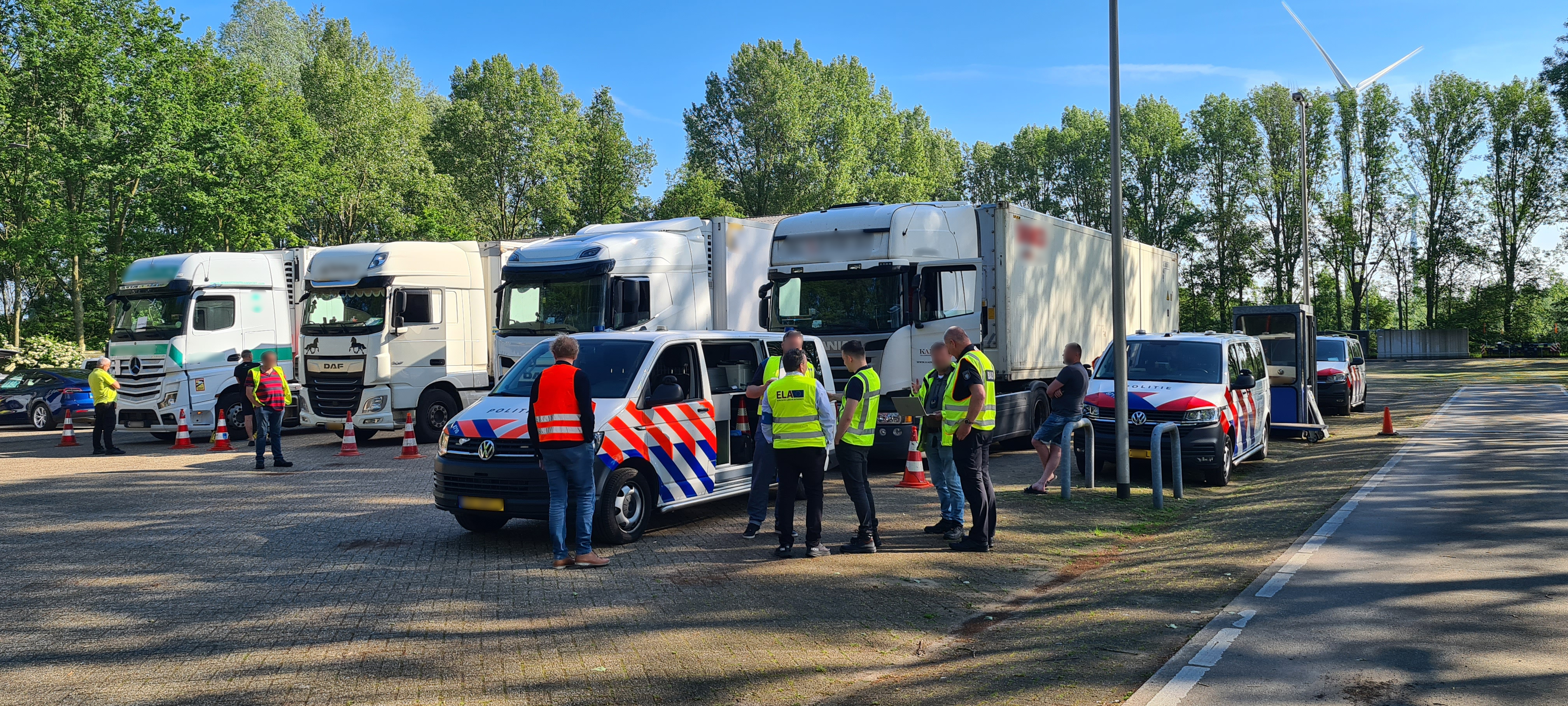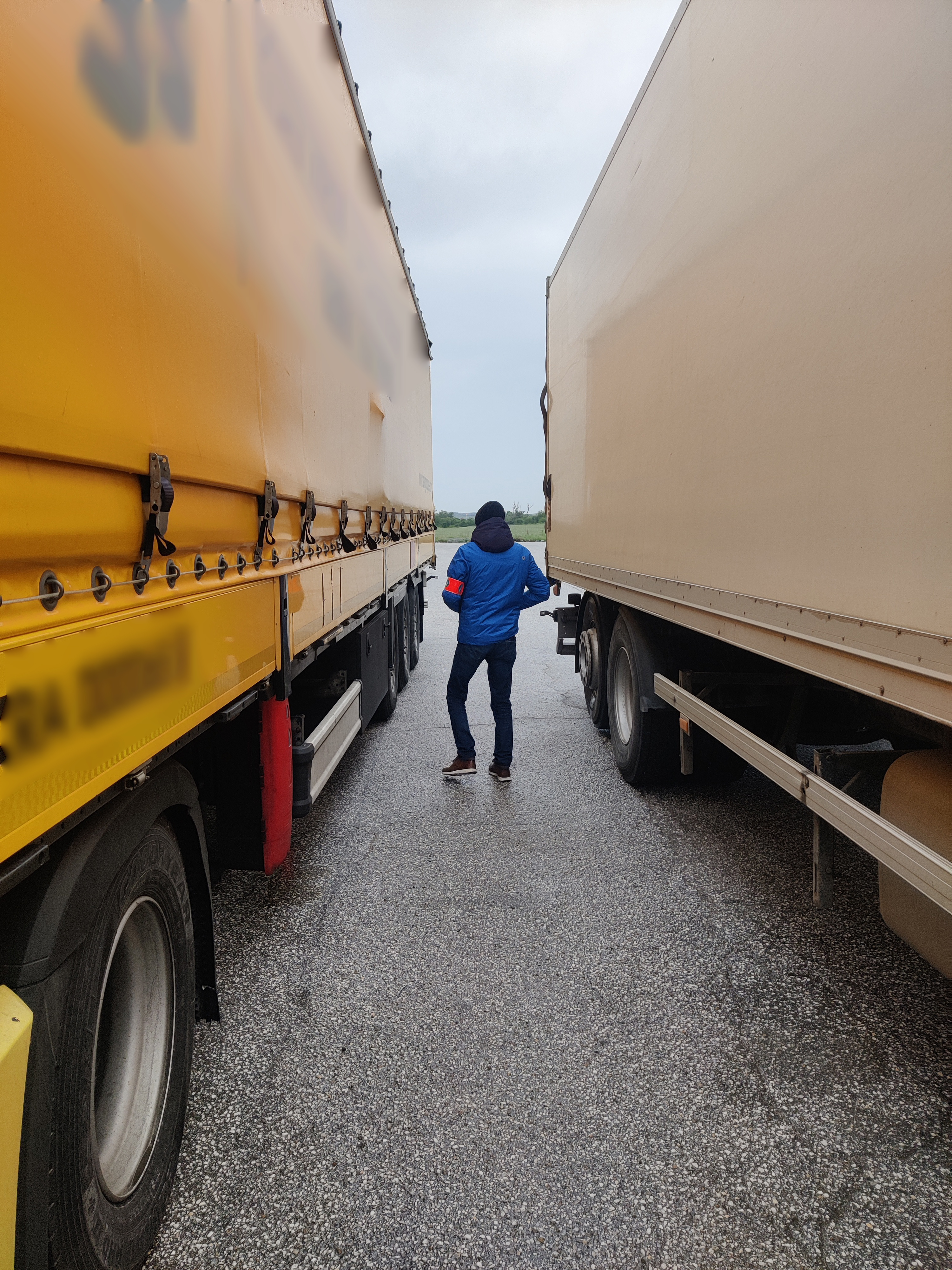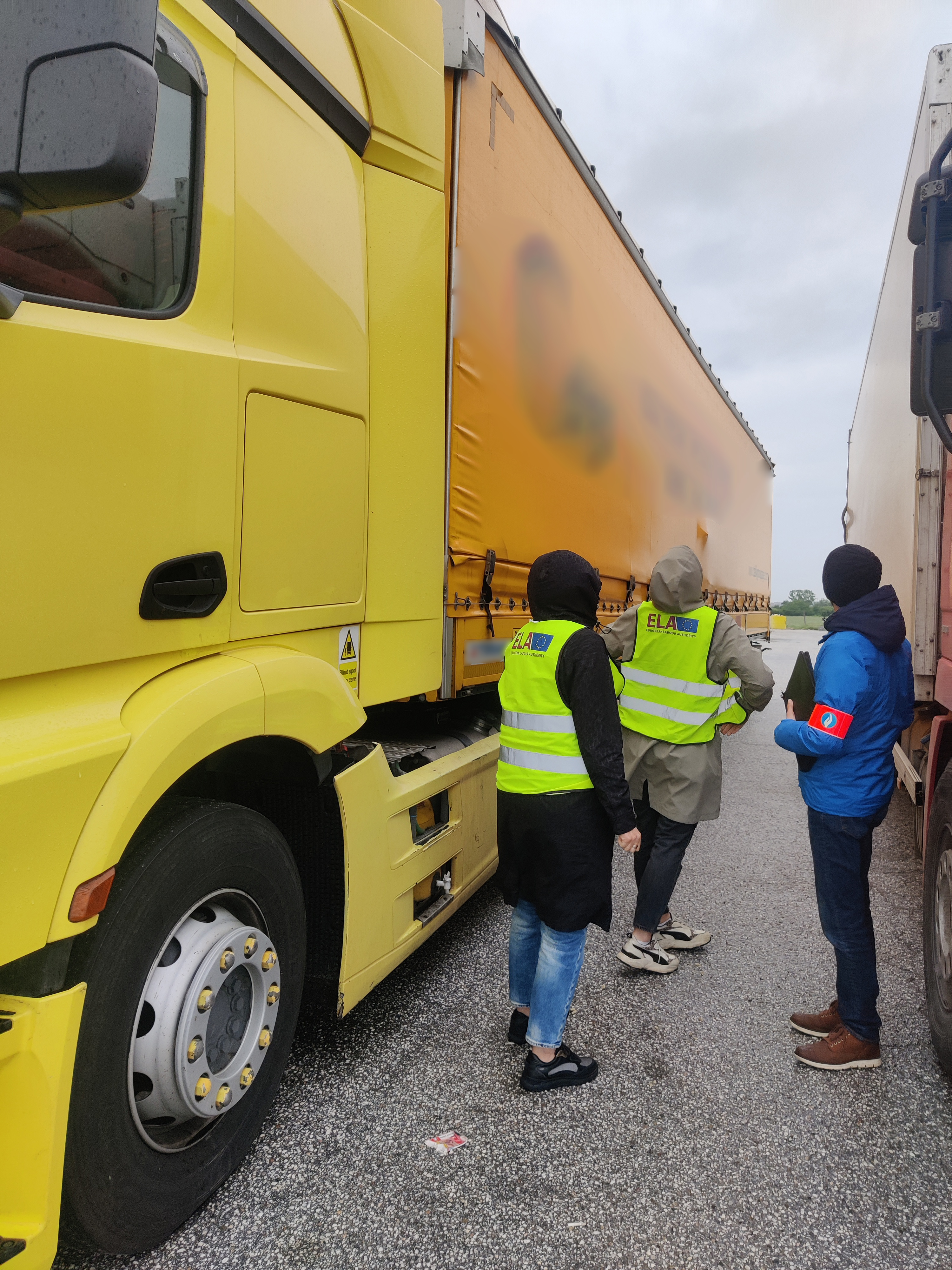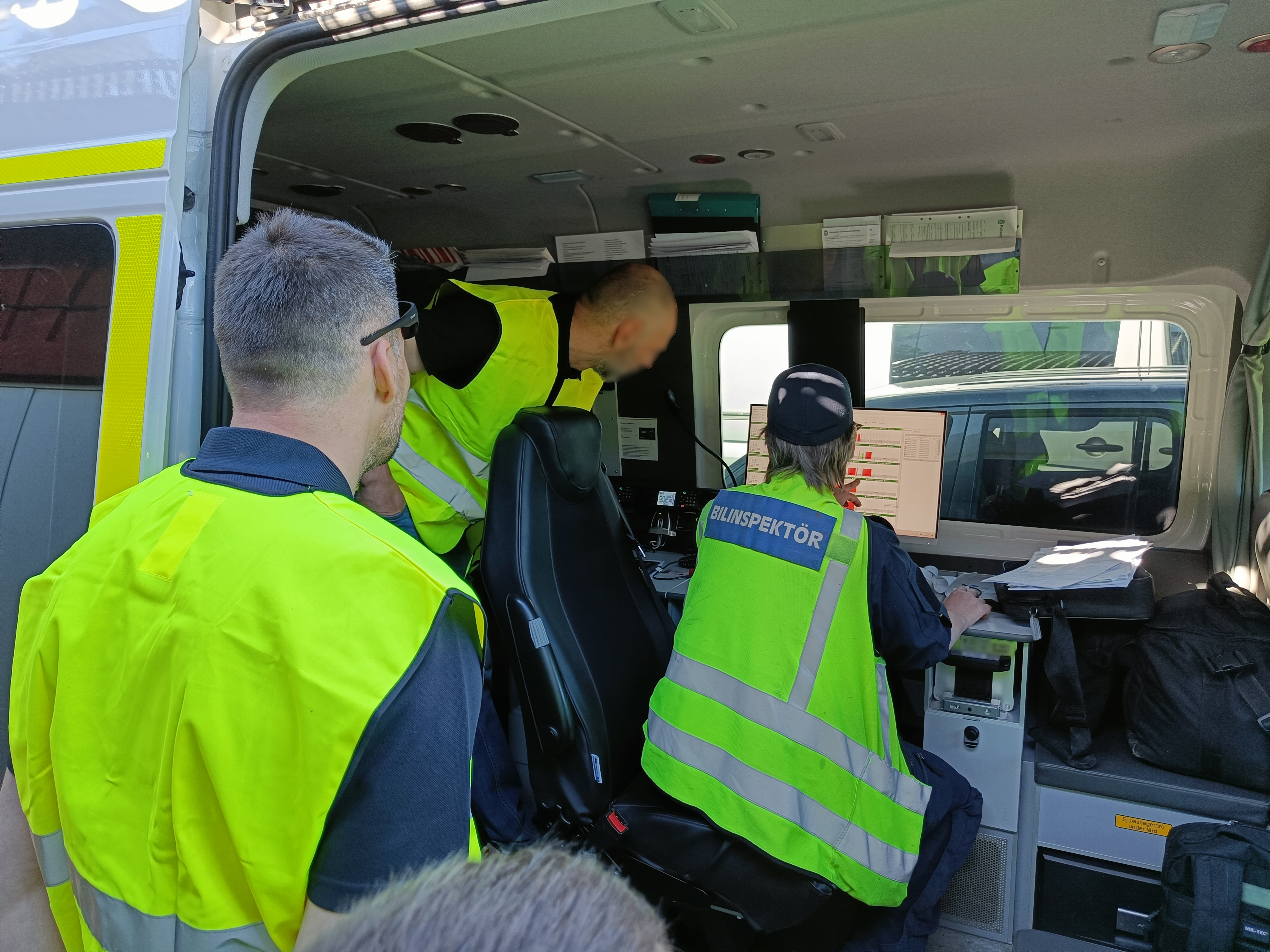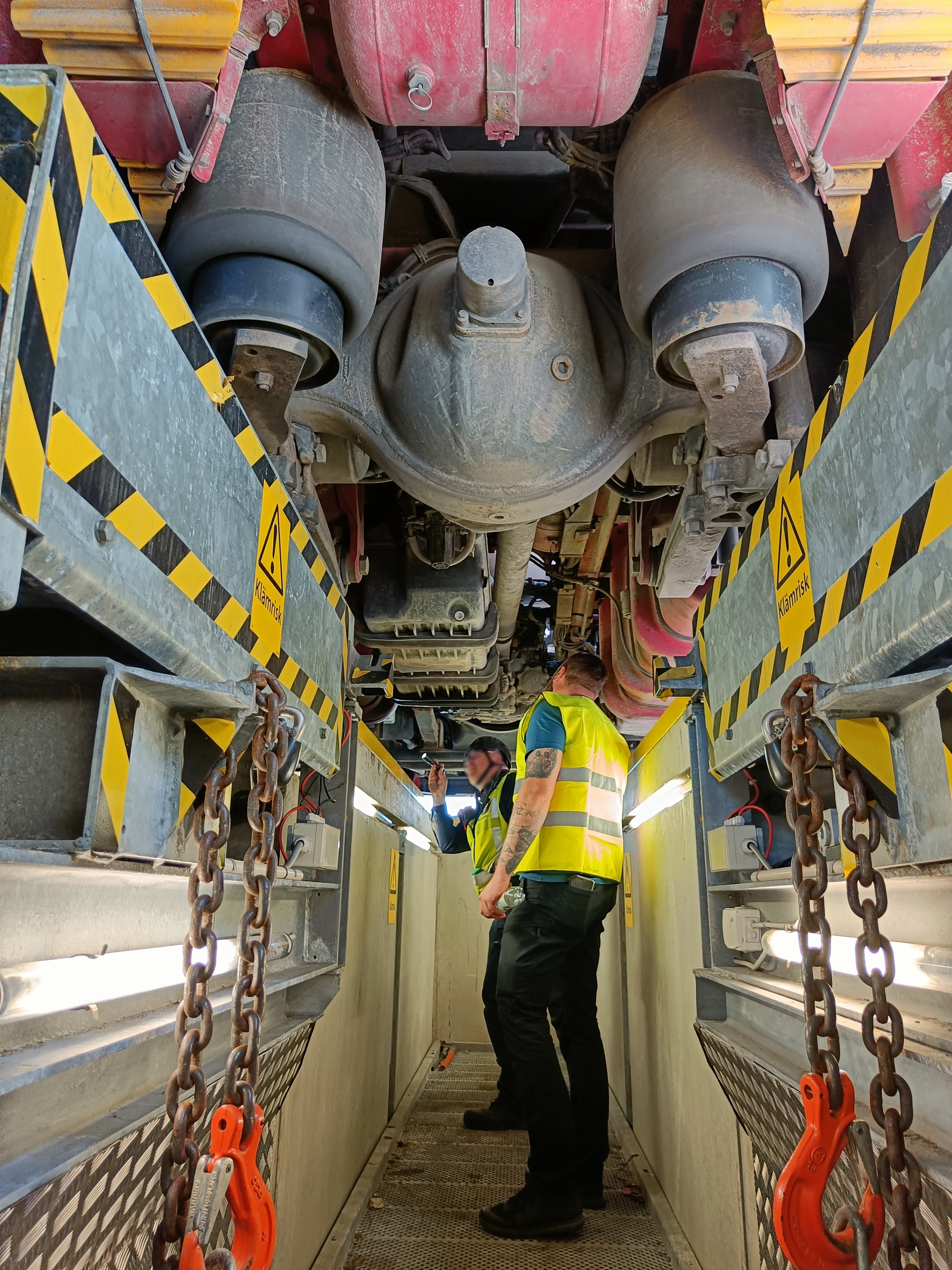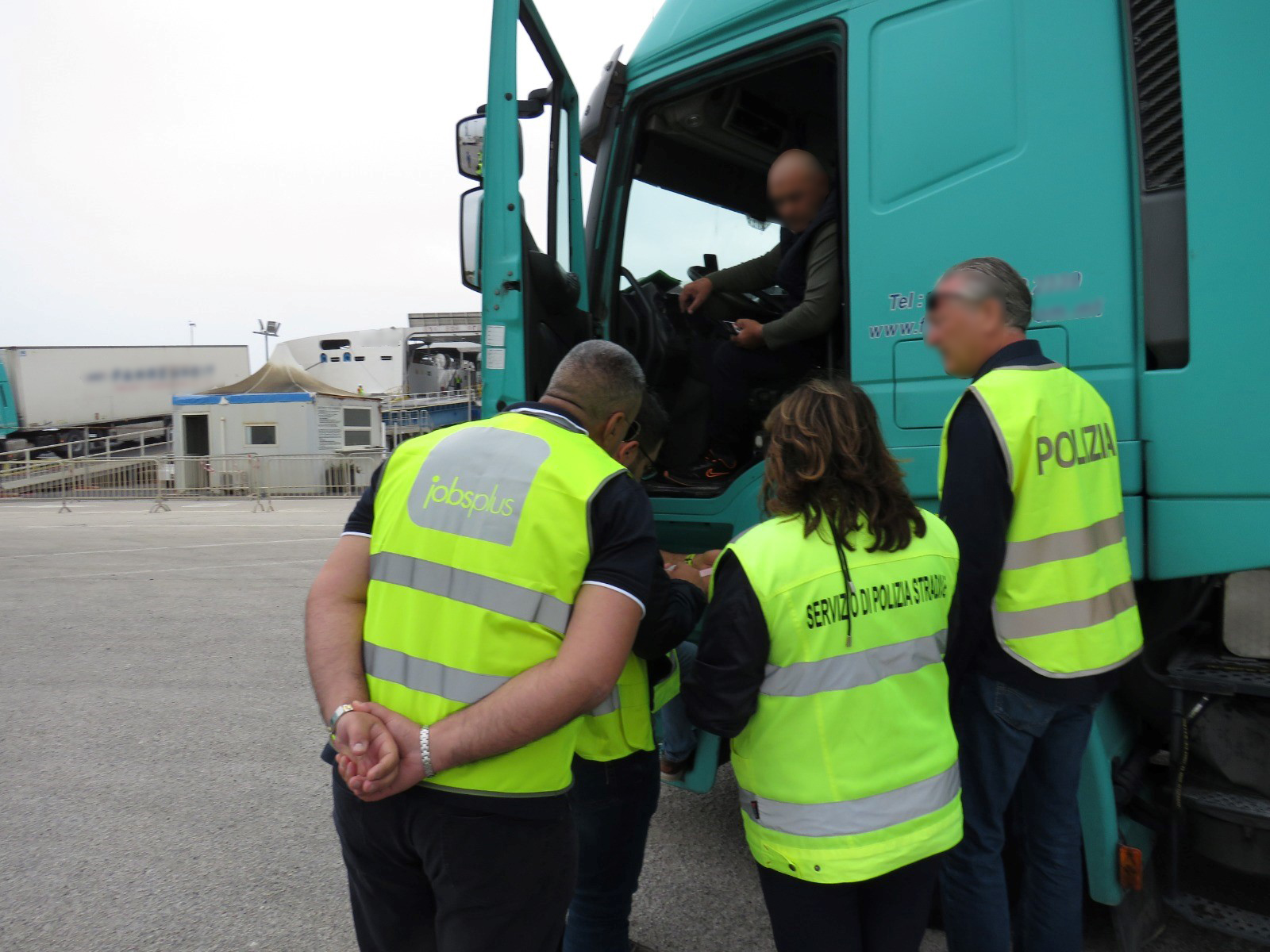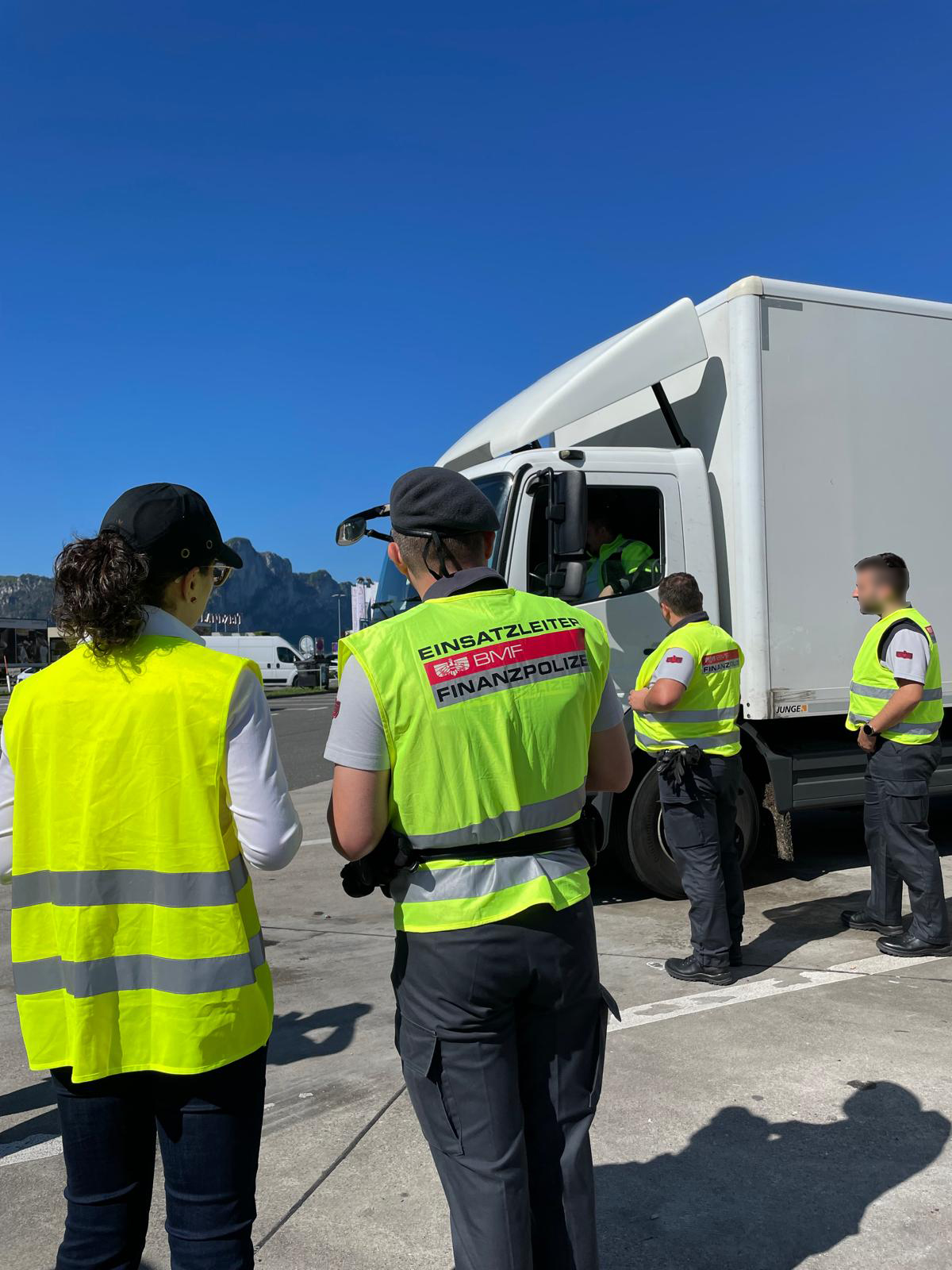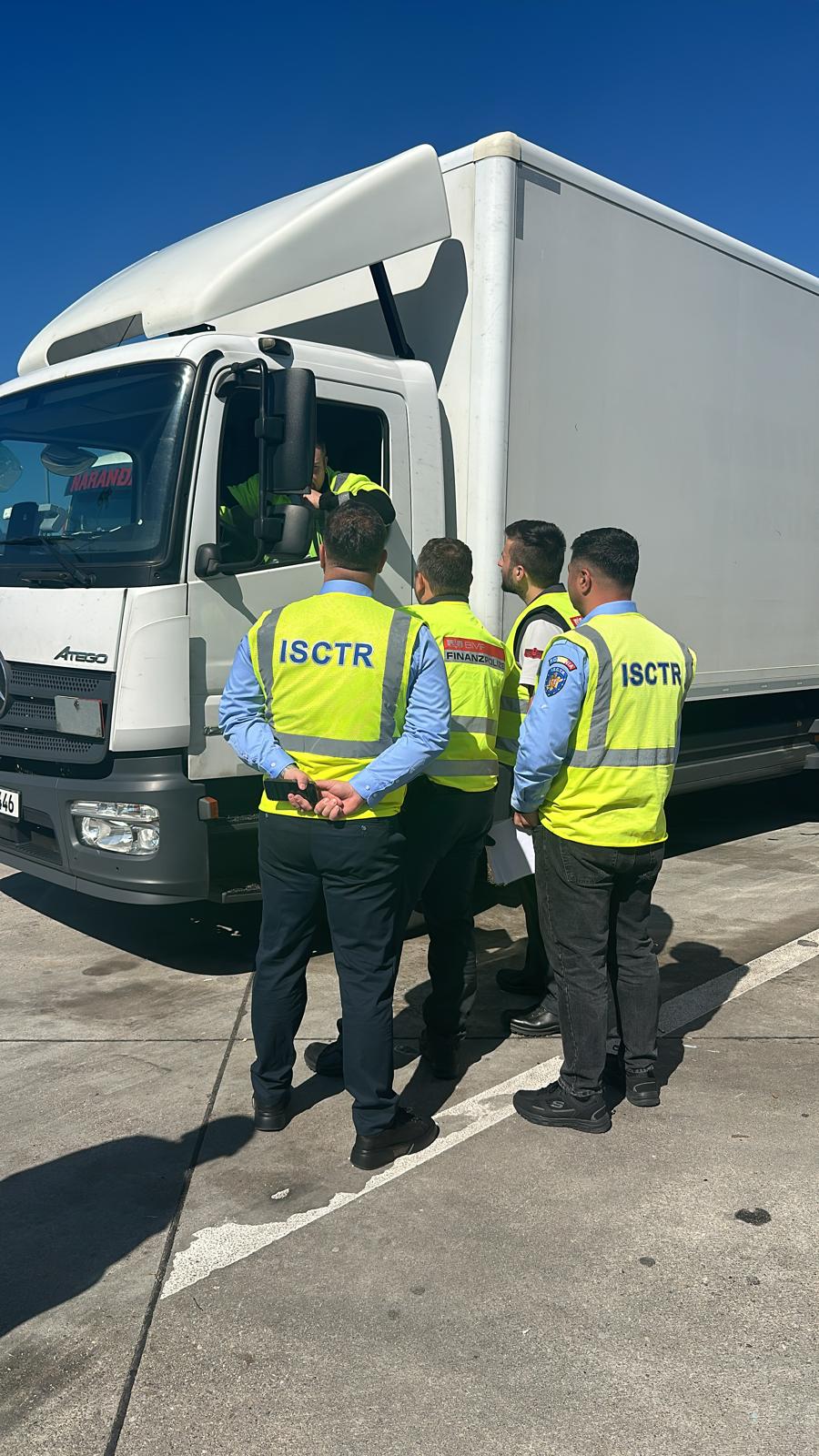The joint action on the road took place during the week 13 – 19 May in Austria, Belgium, Bulgaria, Cyprus, Germany, Greece, the Netherlands, Italy, Romania, Slovakia and Sweden. In total, 328 inspectors from transport, police, labour and many other national authorities joined forces with the observers from 14 Member States: Belgium, Bulgaria, Cyprus, Denmark, Germany, Finland, France, Hungary, Lithuania, Latvia, Malta, Poland, Romania and Slovakia.
The uncovered infringements against road transport regulations resulted in total fines of about 273 thousands euros. Apart from driving and resting time, infringements concerned the use of tachograph, road worthiness, load securing or missing posting declarations and other documents (e.g. community license). Further investigations will concern posting, cabotage and other situations.
More than a dozen of trucks and other vehicles (under 3.5 tonnes) were not allowed to continue their journey. A few persons were arrested (a case of money laundering) and a truck with stolen cargo was seized.
The Weeks of Action in Road Transport will continue throughout 2024 with the aim to strengthen the efforts to promote fair working conditions and road safety in this very transnational economic sector.
1 Information on results not provided or finalised by all Member States at the time of publication.
2 Number of “clean” checks provided by 2 Member States; the methodology of “clean” checks may differ among Member States.


